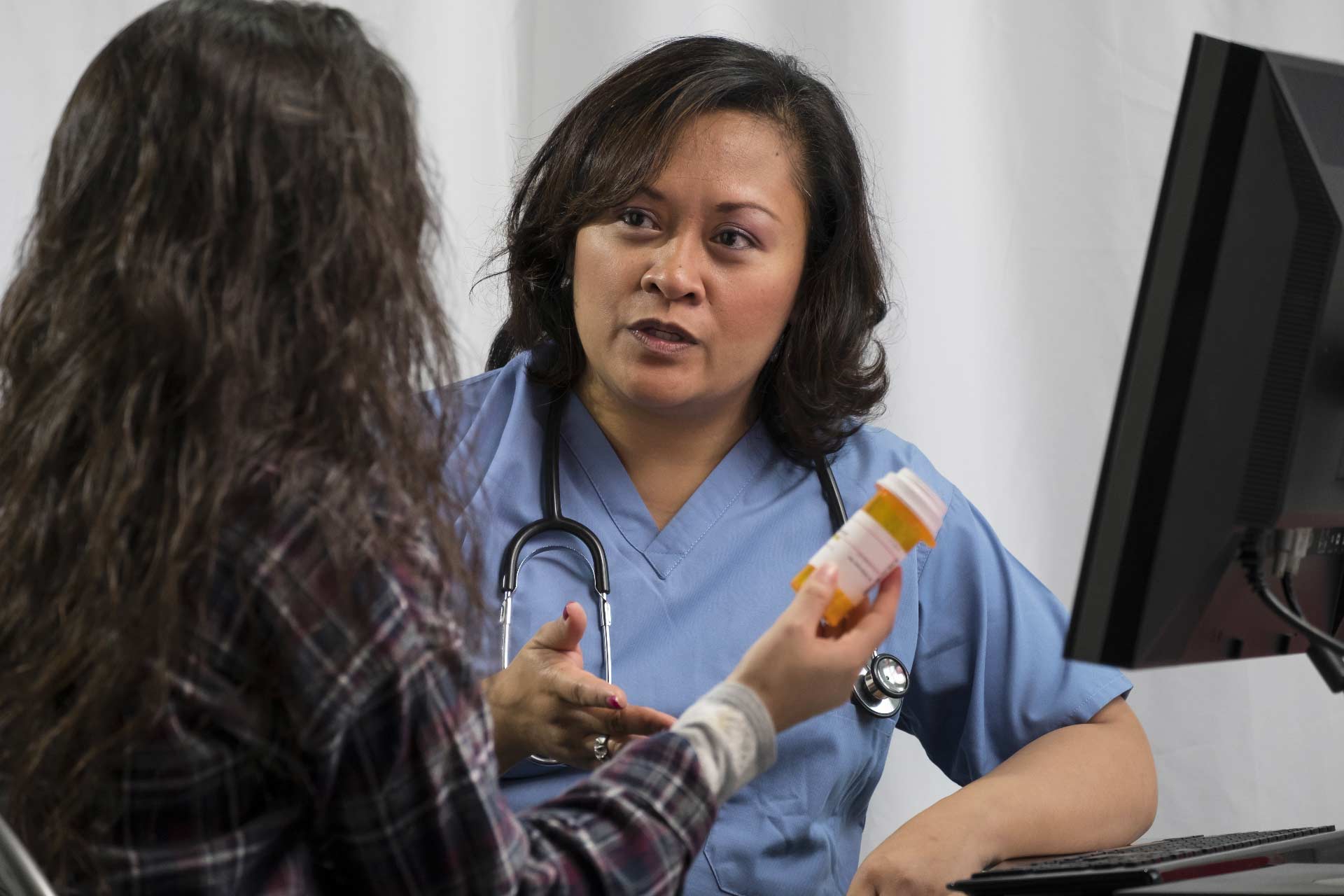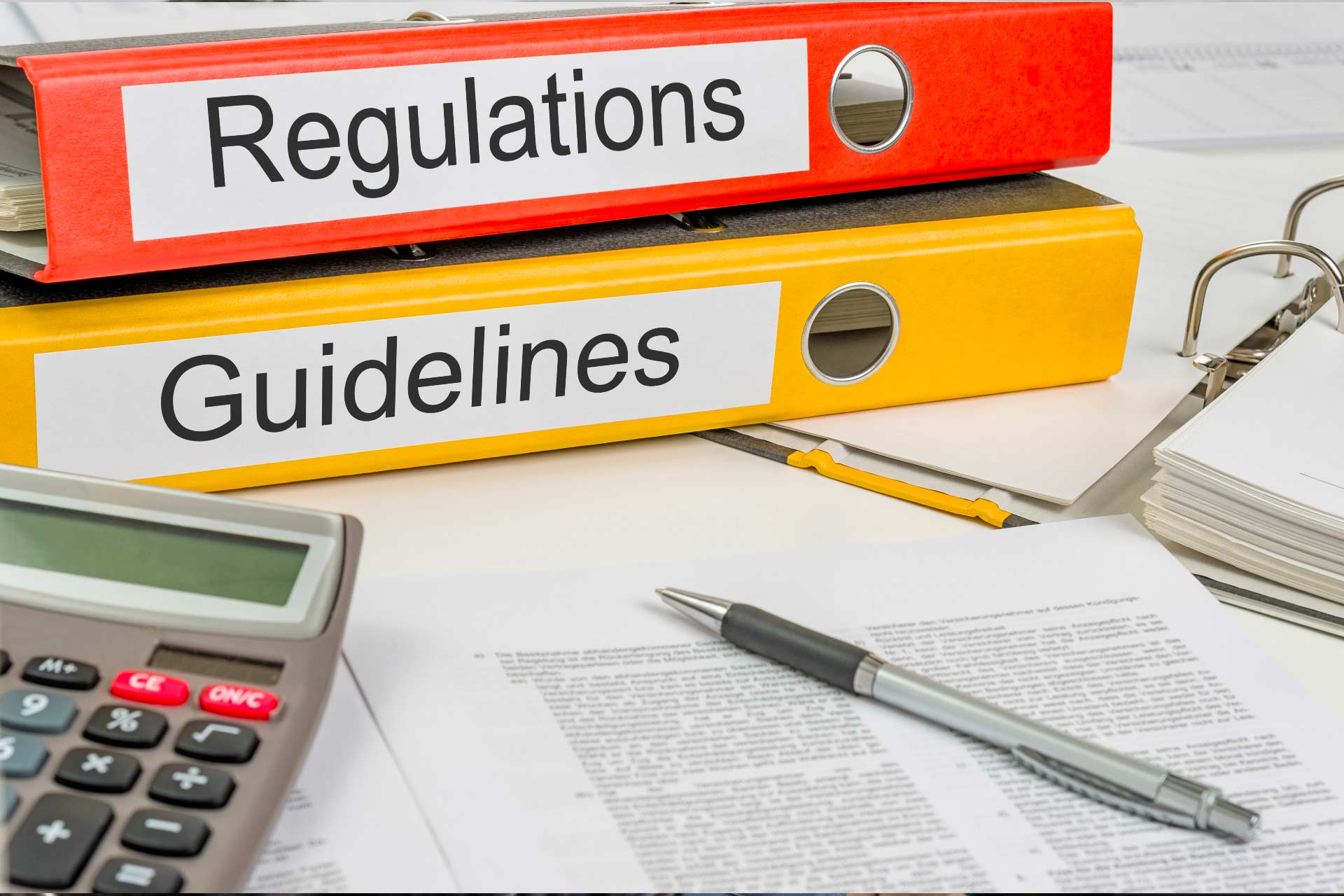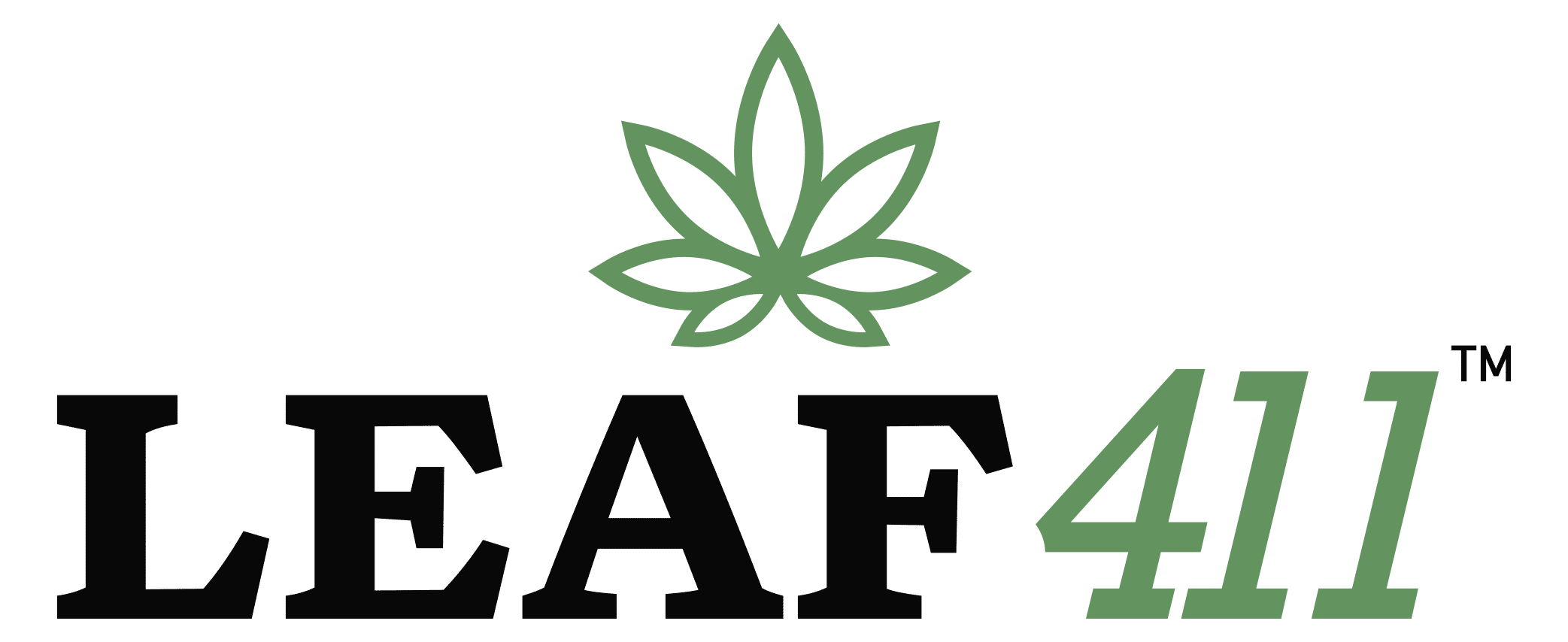Medically reviewed by Katherine Golden, RN
Written by Denise Rustning
We often remind you that Leaf411 hotline is staffed by cannabis-trained nurses.
But what exactly does “cannabis-trained nurse” mean? A lot of people have no idea that cannabis nurses even exist!
As part of our series on nurses this month, we’re sharing the state of cannabis nursing in the U.S. Whether you’re a patient or a registered nurse (RN) interested in pursuing cannabis training, you’re sure to learn something new.

How Cannabis Nurses Help Patients
You’ve likely had a nurse help you with medication-related questions before. Now imagine if a nurse could provide the same type of guidance on using cannabis to manage health conditions.
In fact, cannabis nursing is a thing!
Cannabis nurses complete specialized education on the human endocannabinoid system and cannabis as medicine.
They use this knowledge along with their years of clinical experience to help guide your decisions around using marijuana (cannabis containing >0.3% THC, which is sold legally in dispensaries), or cannabidiol (CBD) hemp products that are federally legal and sold in retail stores and online.
Cannabis nurses can help you save money and time by suggesting general types of products that may work best for your health concern. For example, if you’re dealing with inflammation pain, a cannabis nurse might suggest a specific CBD:THC ratio based on clinical guidelines and evidence.

Where can you find a cannabis-trained nurse? The free Leaf411 hotline is a great place to start!
You can speak to a cannabis-trained RN at no cost via our hotline: 844-LEAF411 (844-532-3411).
The Bigger Picture: Cannabis and The American Nurses Association
The American Nurses Association (ANA) is the largest nursing association in the United States, with over 4 million nurse members. They’ve supported the need for research and evidence-based use of cannabis since 1996!
In their latest position statement (2016), the ANA advocates for reclassification of cannabis so it’s no longer considered a Schedule I controlled substance by the federal government. This change would make clinical research on cannabis’s medicinal benefits much easier.
The ANA also supports development of dosing/recommendation standards, along with legal protections for both patients who use cannabis therapeutically and for the clinicians who discuss or recommend cannabis.
Not all nurses are up-to-date on the potential therapeutic value of cannabis. However, many nurses are hearing more each day from patients who have benefited from using cannabis to manage health conditions. As awareness grows, interest grows as well.
The American Cannabis Nurses Association
The American Cannabis Nurses Association (ACNA) is a national organization dedicated to expanding the knowledge base of endo-cannabinoid therapeutics among nurses. It was formed in 2006 by several nurses who were involved in the Patients Out of Time Fourth National Clinical Conference on Cannabis Therapeutics. These dedicated nurses saw the need for an organization to bring nurses together in a collegial and informational capacity to discuss the growing use of cannabis in medicine.
The ACNA’s ultimate goal is to develop specialty recognition for cannabis nursing, in the same way that other nursing specialties are recognized by the American Nurses Credentialing Center (ANCC), which is a division of the American Nurses Association (ANA).
To date there are over 1,300 nurse members who proudly follow the ACNA’s scope and standards of practice of the emerging role of the cannabis nurse in the United States. The standards of any specialty area of nursing are built upon the foundation of standards of practice expected of all registered nurses (Mariano, 2015) and cannabis nursing is no exception to this rule.

Creating Nursing Guidelines for Medical Marijuana
Professional organizations are also developing guidelines for nurses to use when suggesting CBD hemp or medical marijuana as a treatment option. This work is being undertaken by the National Council of State Boards of Nursing (NCSBN) which developed the National Nursing Guidelines for Medical Marijuana.
The NCSBN guidelines set six principles of essential knowledge for cannabis nurses:
- Working knowledge of the current state of legalization of medical and recreational cannabis use.
- Working knowledge of the jurisdiction’s (state/local) medical marijuana laws and regulations.
- Understanding of the endocannabinoid system and how cannabinoids (THC, CBD and others) interact with the endocannabinoid system receptors.
- Understanding of cannabis pharmacology and the research associated with the medical use of cannabis.
- Capacity to identify safety considerations for patient use of cannabis.
- Ability to approach patients without judgment regarding their choice of treatment or preferences in managing pain or other health symptoms.
We share these guidelines so that you can see how cannabis nursing is actually a serious endeavor, going far beyond the typical budtender or non-clinician’s knowledge!
It makes sense for professional organizations like the NCSBN to develop guidelines for medical marijuana, because several pharmaceutical marijuana products are already on the market, such as cannabidiol-based Epidiolex, as well as several synthetic marijuana drugs designed to reduce nausea, including Marinol and Syndros.
But all cannabis products, synthetic or full-plant, are not created equal, so nurses need to be familiar with the benefits and shortcomings of both.
In addition, clinicians are aware that many of their patients use cannabis either recreationally or for therapeutic purposes. While cannabis has fewer side effects than many pharmaceuticals, there are precautions that patients should be aware of, especially around potential medication interactions.
So how do nurses and other clinicians gain medically-sound knowledge about cannabis?

The Need for Cannabis Education is Growing
As cannabis legalization expands across states, there’s increasing demand for education designed for growers, manufacturers, dispensary workers and medical professionals.
The Medical Cannabis Institute (TMCI) partnered with the ACNA to create the “Medical Cannabis Curriculum for Nurses” which addresses the National Nursing Guidelines for Medical Marijuana. All our Leaf411 hotline nurses have completed the TMCI program.
In addition to our nurses being members of ACNA and having completed TMCI training, Leaf411 has partnered with Radicle Health for additional education. All Leaf411 nurses have completed Radicle Health’s “Cannabis Therapeutics for Nurses/Medical Professionals” course.
Radicle Health and TMCI are helping to lead the way for clinicians to integrate knowledge of the endocannabinoid system and cannabis into their practice. As more nurses and doctors become aware of the professional resources that exist, we anticipate that demand for cannabis clinician training will continue to grow.
Leaf411’s Perspective on the Future of Cannabis Nursing
The nursing profession holds that health is a universal right, which includes access to health care and education concerning the prevention of health issues. In the words of the American Nurses Association, “It is the shared responsibility of professional nursing organizations to speak for nurses collectively in shaping health care and to promulgate change for the improvement of health and health care” (ANA, 2015).
At Leaf411, we believe cannabis nursing is a viable, emerging specialty. With the ongoing support of national organizations like the ANA and ACNA, we can move forward confidently caring for our public as we do in any other specialty.
Interested in becoming a cannabis nurse? We offer tips and resources at this link.
Get Help With Your Cannabis Questions
Our Leaf nurses combine nursing expertise with specialized knowledge of the medicinal benefits of cannabis, providing balanced, research-based information and support. Call us for FREE at 844-LEAF411 (844-532-3411).
The Leaf411 cannabis nurse hotline provides free, anonymous education and directional support to the general public about the safe use of legal cannabis. We partner with select business members who meet our rigorous standards to extend our education and outreach efforts.
